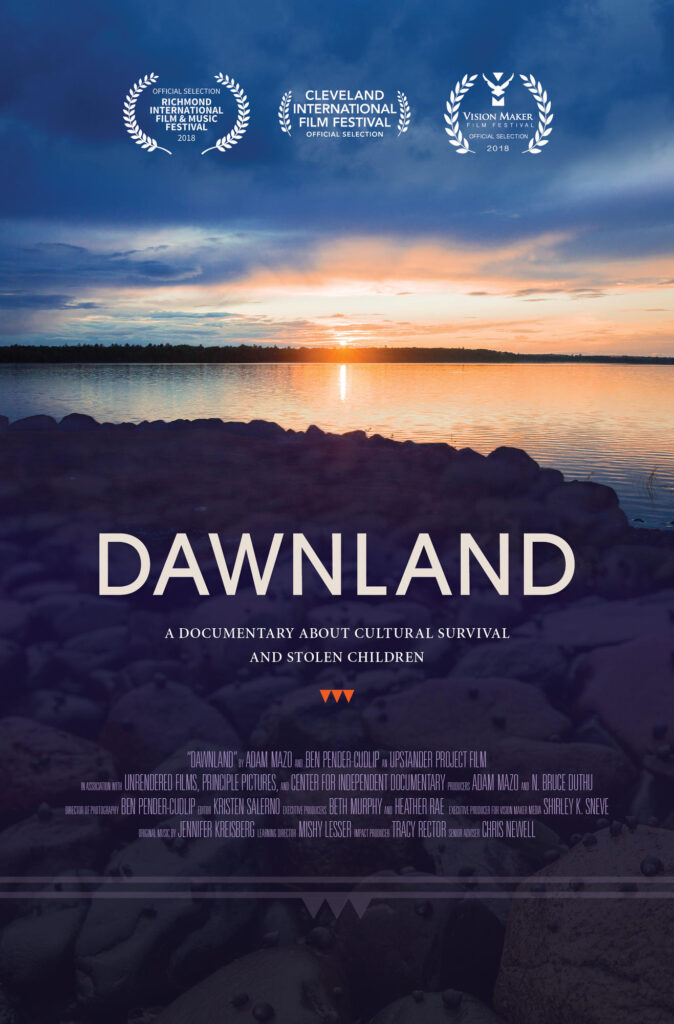Workshop – Call for Presentations
March 14-15, 2024, The University of Sydney
Mununjali Yugambeh and South Sea Islander Professor Chelsea Watego lamented that the powerlessness of dispossession comes from stories told about you; about feeling your own account is not worthy of being told (Another Day in the Colony). Indigenous peoples and refugees can sometimes share this sense of powerlessness. But as Watego argues, power can be reclaimed by exercising sovereignty – one’s own sovereignty: “and that is exercised in the stories we tell of ourselves…our power is found within; it is embodied and it is enacted, every day. It is in knowing one’s own power, even – and especially – in those most violent encounters, that we are able to remember how powerful we really are.” Refugee writers have echoed these claims. As Iranian-American writer Dina Nayeri notes, “our stories were drumming with power.” (The Ungrateful Refugee).
We invite proposals from community members, groups and academics about the ways and means by which they have shared and continue to share their stories, reclaimed their own histories, and/or uncovered different kinds of self-representations in their current work or research. Indigenous peoples and refugees share and have shared an experience of exile, of dispossession. How have they narrated and preserved those stories? How does displacement interrupt memory and history-making? How has trauma been represented over time? What kind of work have those stories done, and what do they do now?
We aim to showcase short papers or presentations (10-15 minutes maximum) that unveil different and varied ways of telling stories in the past and present. We would love to hear from a wide array of presenters about how those stories have been told, for what purposes, and with what results.
We hope that participants will help expand our collective understanding of what constitutes self-representations or self-histories, amid ongoing settler colonial violence, and how we might ethically and collaboratively work toward supporting the telling of those stories.
This workshop coincides with the visit of Samson Occam Professor N. Bruce Duthu, an enrolled tribal member of the United Houma Nation of Louisiana. He is an internationally acclaimed scholar of Native American law and policy. In addition to authoring American Indians and the Law and Shadow Nations, he has also contributed to Felix S. Cohen’s widely praised Handbook of Federal Indian Law and co-edited “Sovereignty, Indigeneity, and the Law,” a volume of South Atlantic Quarterly that won the 2011 Council of Editors of Learned Journals Award for Best Special Issue.
Professor Duthu also co-produced the Emmy-Award winning documentary film, Dawnland, which we will screen as part of the program. For decades, child welfare authorities have been removing Native American children from their homes to “save them from being Indian.” In Maine, the first official Truth and Reconciliation Commission in the United States begins a historic investigation. Dawnland goes behind-the-scenes as this historic body grapples with difficult truths, redefines reconciliation, and charts a new course for state and tribal relations. Dawnland aired on Independent Lens on PBS in November 2018 and 2021, reaching more than two million viewers. The film won a national Emmy Award for Outstanding Research in 2018 and made the American Library Association’s list of 2020 Notable Videos for Adults.
Proposals of no more than 250 words accompanied by a short CV or website link should be sent in by February 1, 2024. Successful applicants will be notified by February 10, 2024. We have very limited funds for the workshop. Please indicate in your submission if you would like financial assistance to attend the workshop.
Please send your proposals to Thomas Cafe at tcaf4450@uni.sydney.edu.au
Please contact Niro Kandasamy and/or Michael McDonnell if you have any enquiries at michael.mcdonnell@sydney.edu.au; niro.kandasamy@sydney.edu.au

